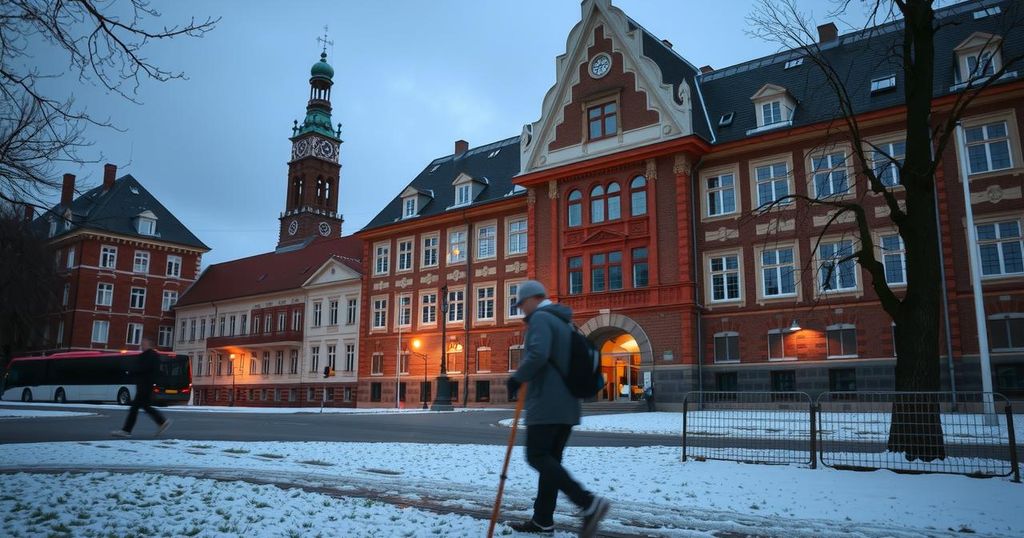The Magdeburg Christmas market attack has ignited political tensions in Germany as misinformation spreads regarding the suspect’s identity and background. Far-right parties, particularly the AfD, are attempting to exploit the incident to bolster their positions ahead of federal elections. Increased focus on migration and security is expected to dominate electoral discussions, while some parties strive for a more respectful campaigning approach. The influence of foreign disinformation further complicates the political landscape as Germany heads towards elections.
In the aftermath of the tragic attack at the Magdeburg Christmas market, efforts have emerged to leverage this event politically as misinformation spreads regarding the incident. Speculations included the false claim of multiple attackers linked to Syrian refugee status, intended to fan the flames of anti-immigrant sentiment. The suspect, identified as Talib A., was connected to extremist narratives, echoing rhetoric from the far-right Alternative for Germany (AfD) party, which quickly sought political mileage from the attack. Prominent AfD figures made controversial remarks on social media, blaming rival parties for allowing such incidents, while touting hawkish migration policies as solutions. Experts anticipate that this attack will elevate discussions around migration and security in light of the upcoming federal elections, particularly benefiting right-wing parties that advocate stringent measures. In contrast, a coalition of parties has pledged to campaign respectfully and without disinformation, although the AfD remains outside this agreement. Meanwhile, external influences, including disinformation campaigns linked to foreign actors, have raised concerns about their impacts on the German electoral landscape. These dynamics underline the growing propensity for politicizing security issues in Germany, potentially altering the focus from productive discussions on immigration and labor shortages.
The Magdeburg attack, which resulted in multiple fatalities at a Christmas market, has ignited a politically charged atmosphere leading into Germany’s federal elections. The nature of the attack—reportedly carried out by a long-term resident who had previously expressed extremist views—provides fodder for right-wing parties to intensify their calls for stricter immigration policies. With a history of using such incidents to enhance political capital, parties like the AfD are poised to leverage the attack amidst broader electoral strategies, especially given rising public fears surrounding immigration and security. This situation is further complicated by the role of misinformation and external influences attempting to sway public perception and electoral outcomes.
The Magdeburg attack has significant implications for the political landscape in Germany, primarily by fueling right-wing narratives regarding immigration and security ahead of the federal elections. While political discourse intensifies, particularly among far-right factions, a commitment among several parties to maintain respectful campaigning may serve as a counter to divisive rhetoric. Nevertheless, the intertwining of security concerns with electoral strategies highlights the precarious nature of German politics, especially in light of foreign disinformation efforts and rising public sentiment against migrants.
Original Source: www.dw.com







